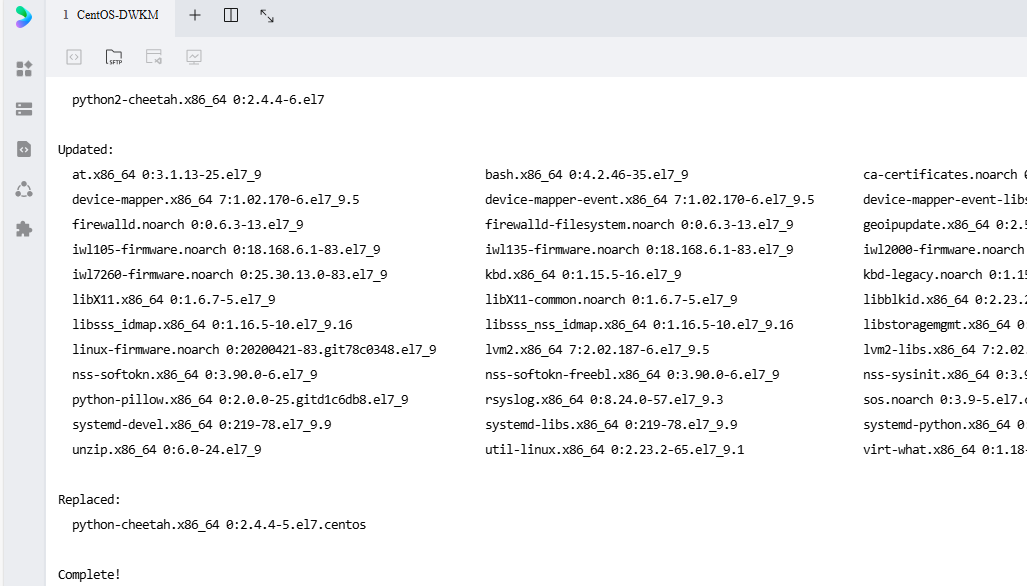Основы разработки серверной части FastAPI (4): ошибки документации официального сайта FastAPI, ошибки кодирования и записи важных моментов, на которые следует обратить внимание.
Установите, требуются ли параметры запроса
Используйте Annotated для оформления параметров запроса.
Не устанавливать значение по умолчанию
@app.get("/validation")
async def async_root(str_param: Annotated[str | None, Query(min_length = 3,
max_length = 20,
pattern = '^[a-zA-Z0-9]+$',
description = 'This is a string parameter')]):
"""
Если не установлено str_param = None, но str_param требуется
"""
ret = {"str_list": str_param}
if str_param is not None:
h = hashlib.sha3_512(str_param.encode('utf-8')).hexdigest()
ret.update({"sha3_512": h})
else:
ret.update({"uuid": uuid.uuid4().hex})
return ret
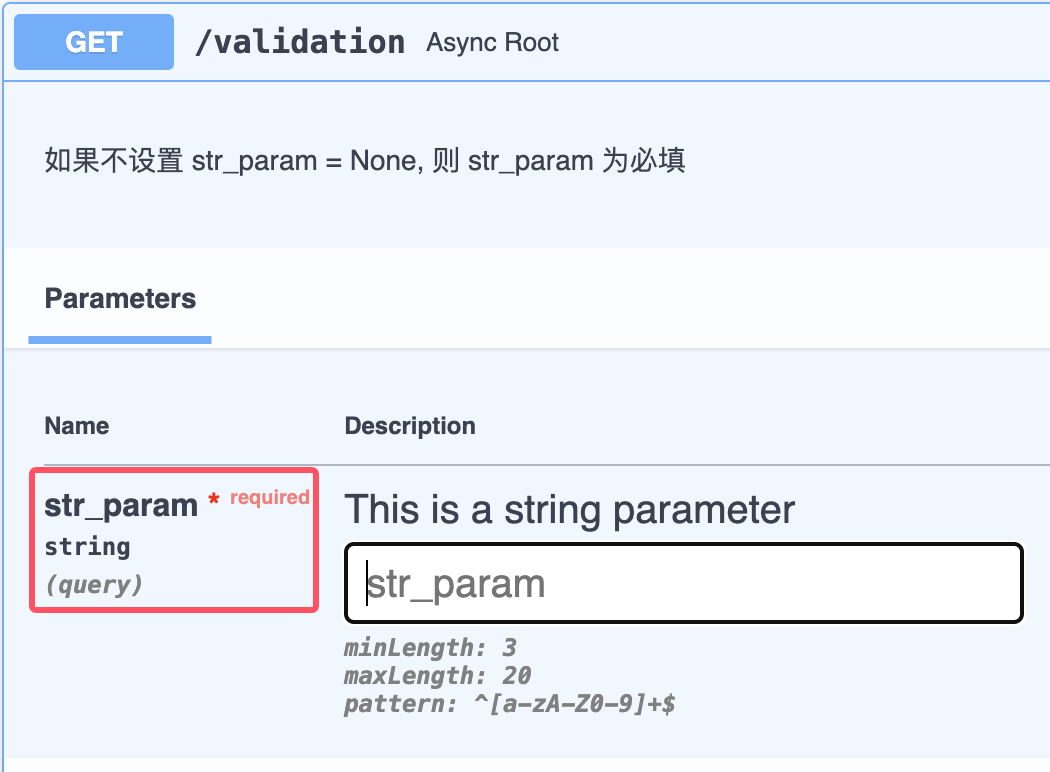
Установить значение по умолчанию
@app.get("/validation1")
async def async_root1(str_param: Annotated[str | None, Query(min_length = 3,
max_length = 20,
pattern = '^[a-zA-Z0-9]+$',
description = 'This is a string parameter')] = None):
"""
настраивать str_param = None указать разрешение str_param Пусто (не обязательно)
"""
ret = {"str_list": str_param}
if str_param is not None:
h = hashlib.sha3_512(str_param.encode('utf-8')).hexdigest()
ret.update({"sha3_512": h})
else:
ret.update({"uuid": uuid.uuid4().hex})
return ret
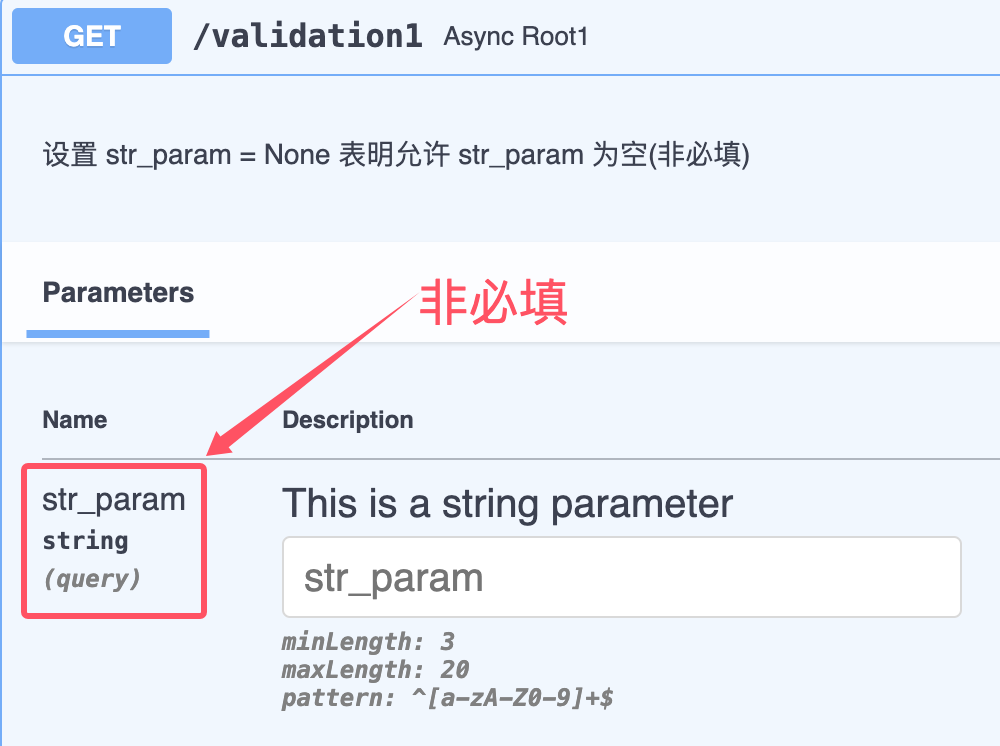
Значение по умолчанию типа строки
@app.get("/validation2")
async def async_root2(str_param: Annotated[str, Query(min_length = 3,
max_length = 20,
pattern = '^[a-zA-Z0-9]+$',
description = 'This is a string parameter')] = 'default_value'):
"""
в это время str_list Существует значение по умолчанию, которое не является обязательным.
"""
ret = {"str_list": str_param}
if str_param is not None:
h = hashlib.sha3_512(str_param.encode('utf-8')).hexdigest()
ret.update({"sha3_512": h})
else:
ret.update({"uuid": uuid.uuid4().hex})
return ret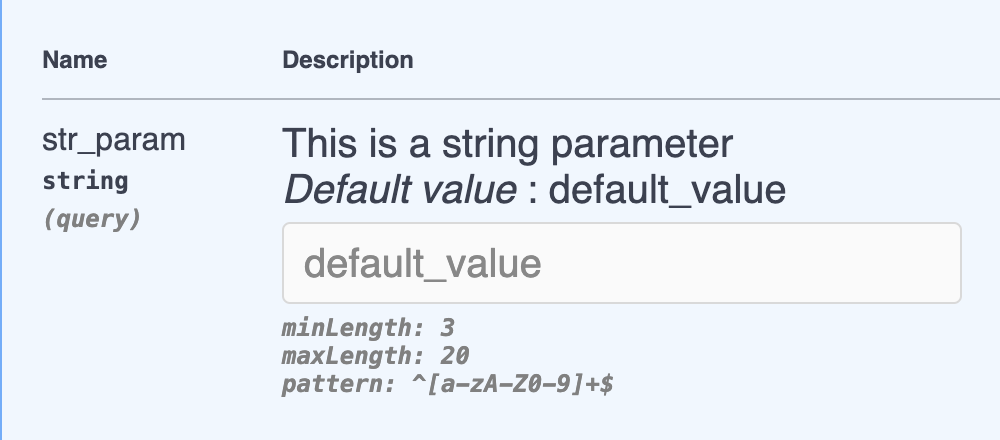
Использовать многоточие по умолчанию
неправильный способ написания
@app.get("/validation3")
async def async_root3(str_param: Annotated[str, Query(min_length = 3,
max_length = 20,
pattern = '^[a-zA-Z0-9]+$',
description = 'This is a string parameter')] = ...):
"""
в это время str_list = ... В сгенерированном документе str_list Неттребуется
И при отправке запроса:
curl -X 'GET' 'http://127.0.0.1:18081/validation3' -H 'accept: application/json'
Фон сообщит об ошибке:
ValueError: [TypeError("'ellipsis' object is not iterable"), TypeError('vars() argument must have __dict__ attribute')]
"""
ret = {}
if str_param is not ...:
ret = {"str_list": str_param}
h = hashlib.sha3_512(str_param.encode('utf-8')).hexdigest()
ret.update({"sha3_512": h})
else:
ret.update({"uuid": uuid.uuid4().hex, 'error': 'str_list is ...'})
return ret
@app.get("/validation4")
async def async_root4(str_param: Annotated[str | None, Query(min_length = 3,
max_length = 20,
pattern = '^[a-zA-Z0-9]+$',
description = 'This is a string parameter')] = ...):
"""
Отправить: локон -X 'GET' 'http://127.0.0.1:18081/validation4' -H 'accept: приложение/json'
Фон сообщит об ошибке:ValueError: [TypeError("'ellipsis' object is not iterable"), TypeError('vars() argument must have __dict__ attribute')]
"""
ret = {}
if str_param is not ...:
ret = {"str_list": str_param}
h = hashlib.sha3_512(str_param.encode('utf-8')).hexdigest()
ret.update({"sha3_512": h})
else:
ret.update({"uuid": uuid.uuid4().hex, 'error': 'str_list is ...'})
return retиспользовать Query(xxxx) = ...из Запись приведет к ошибкам,Этот способ письма происходит от FastAPI Документы с официального сайта:
использоватьellipsisнастраивать必填параметр
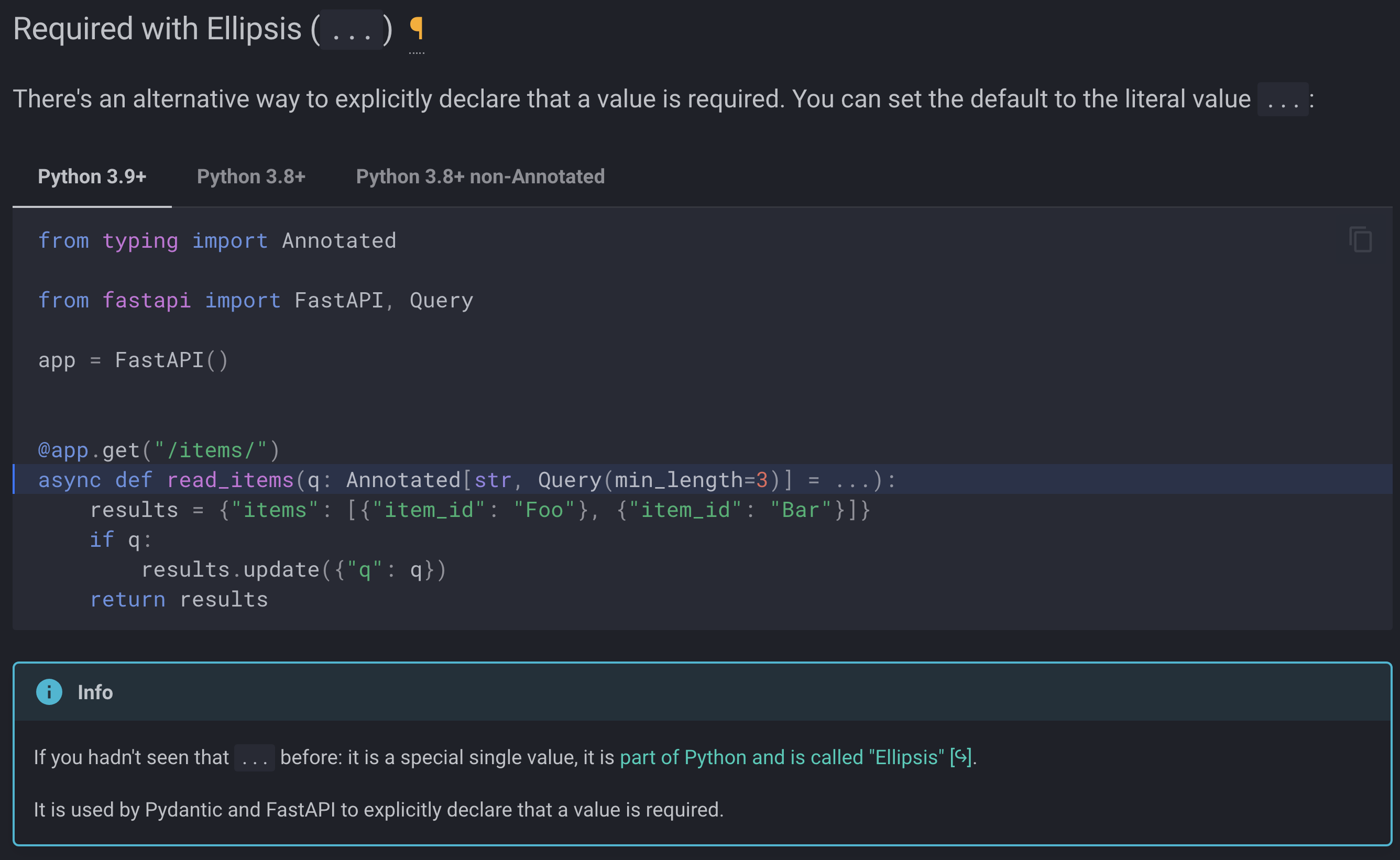
关于此неправильный способ написания Автор предоставил FastAPI Упомянул Issue:https://github.com/fastapi/fastapi/issues/12313
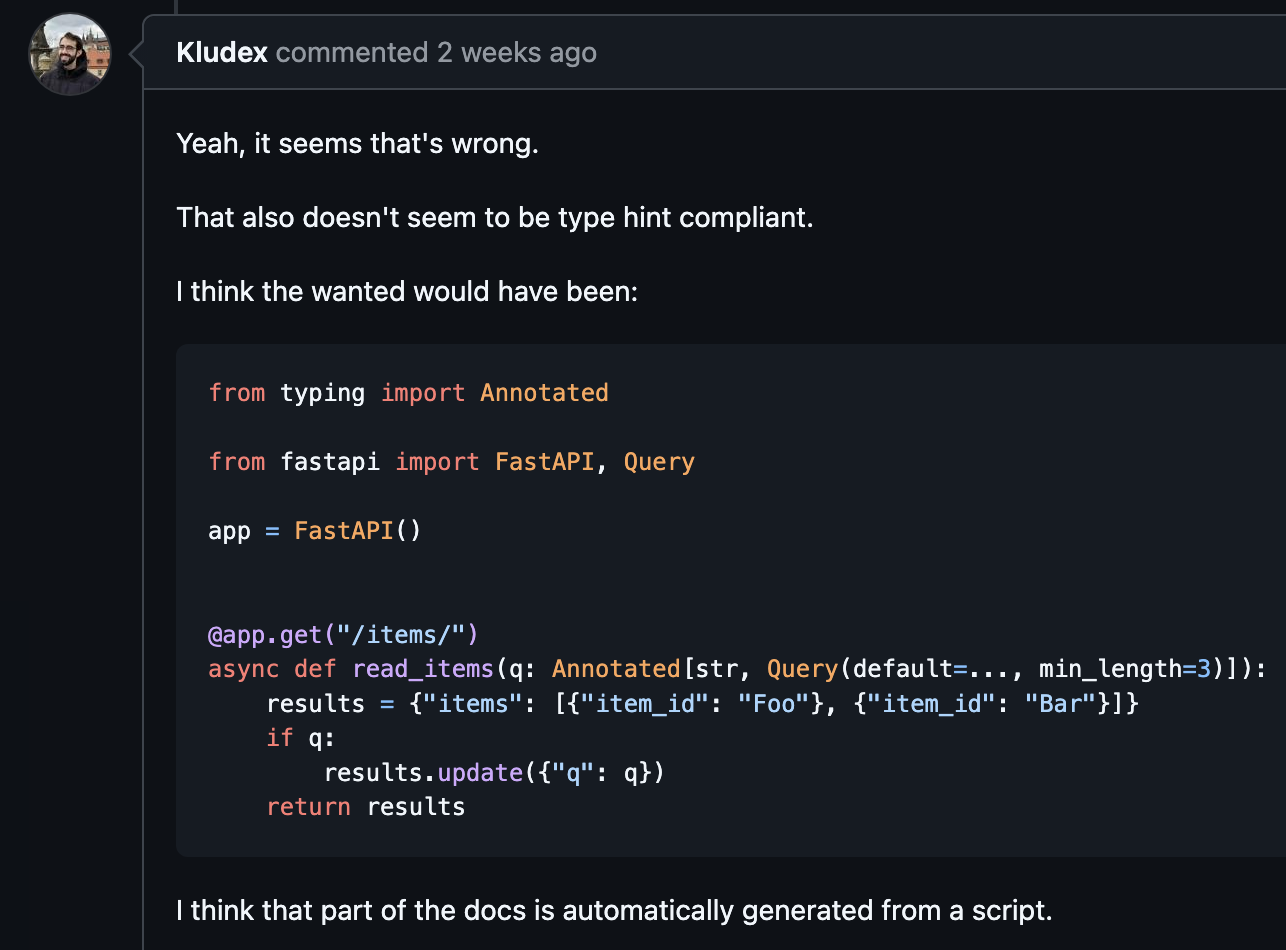
правильный способ написания
@app.get("/validation5")
async def async_root5(str_param: Annotated[str, Query(default = ...,
min_length = 3,
max_length = 20,
pattern = '^[a-zA-Z0-9]+$',
description = 'This is a string parameter')]):
"""
использовать Query(default = ...) из Способнастраивать str_list требуетсяпараметр
Нетиспользовать default 时параметр也会по умолчаниютребуется
Remember that in most of the cases, when something is required,
you can simply omit the default, so you normally don't have to use ...
"""
ret = {"str_list": str_param}
h = hashlib.sha3_512(str_param.encode('utf-8')).hexdigest()
ret.update({"sha3_512": h})
ret.update({"uuid": uuid.uuid4().hex})
return ret
Описание ошибки в официальной документации сайта о том, что обязательные параметры отсутствуют.
Ссылка на описание документа на официальном сайте
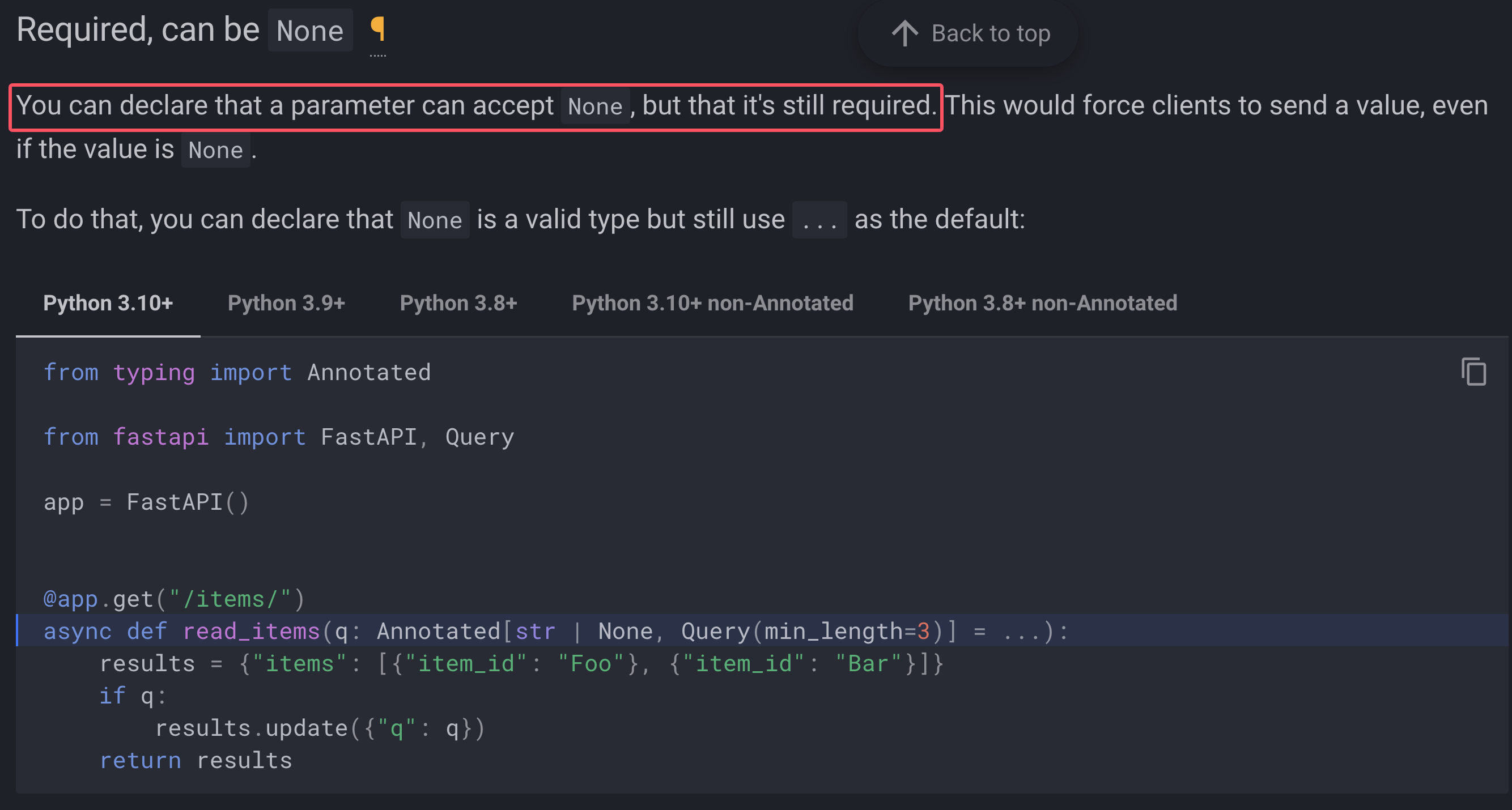
Об этом вопросе также Упомянул Issue давать FastAPI команда:Question about "Required, can be None"
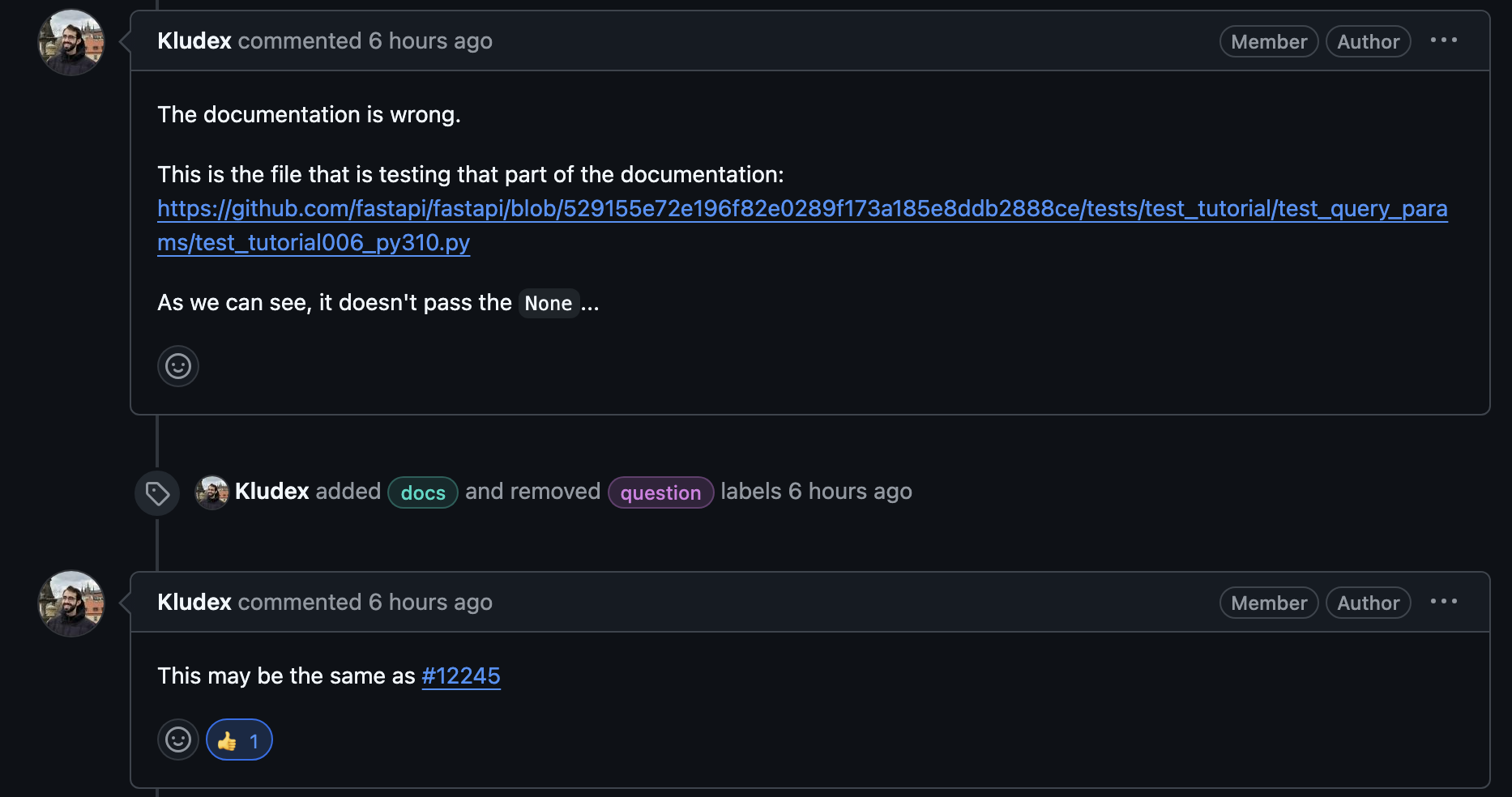
关于这个问题изветка обсуждения:Discussion,заинтересованныйиз Вы можете проверить это сами。
Проблемы, вызванные аннотациями и запросами (по умолчанию = xxxx)
@app.get("/validation1_1")
async def async_root1_1(str_param: Annotated[str | None, Query(default = 'test',
min_length = 3,
max_length = 20,
pattern = '^[a-zA-Z0-9]+$',
description = 'This is a string parameter')]):
ret = {"str_list": str_param}
if str_param is not None:
h = hashlib.sha3_512(str_param.encode('utf-8')).hexdigest()
ret.update({"sha3_512": h})
else:
ret.update({"uuid": uuid.uuid4().hex})
return ret
При запуске будет сообщено об ошибке:
AssertionError: `Query` default value cannot be set in `Annotated` for 'str_param'. Set the default value with `=` instead.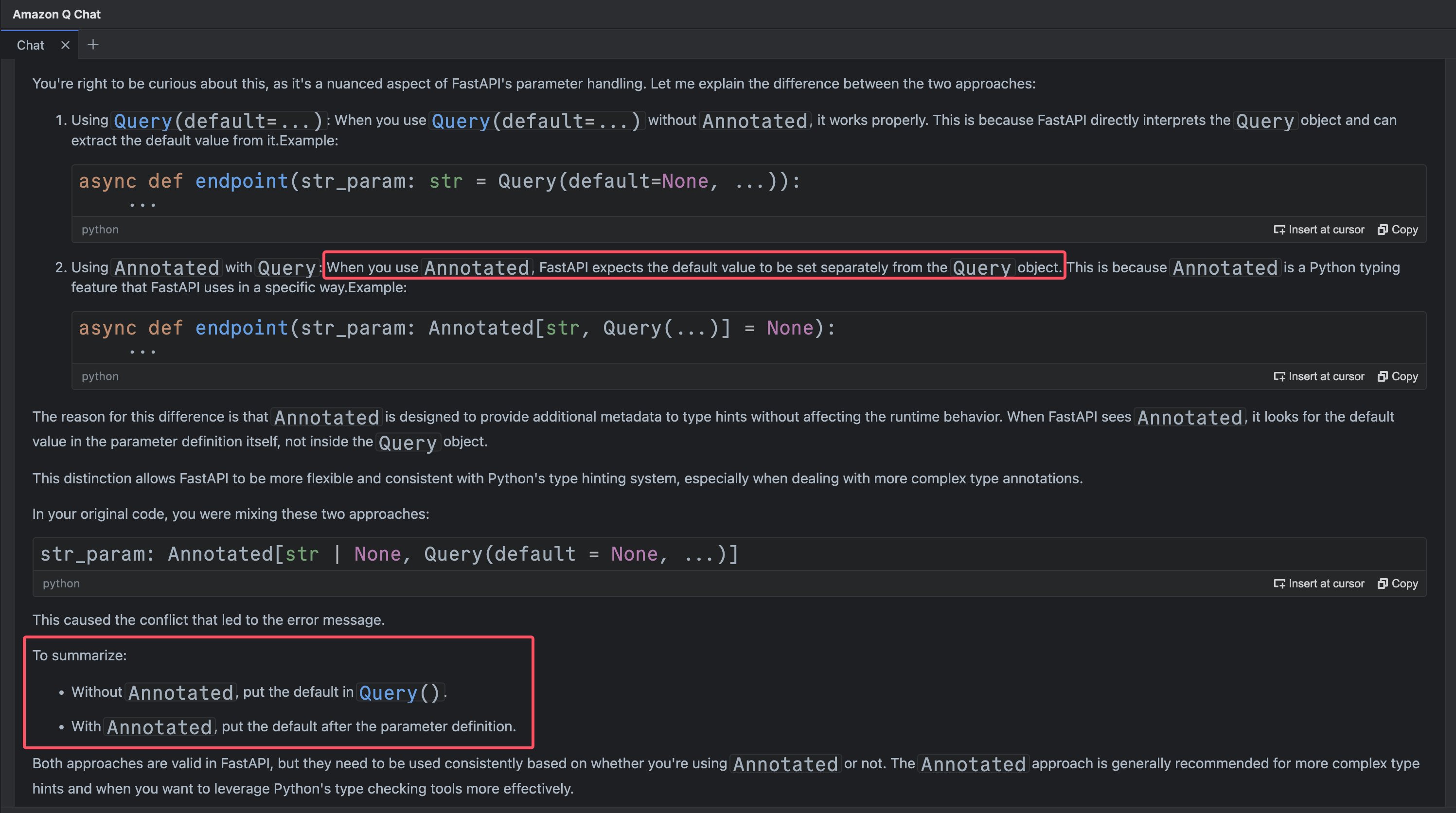
总之在использовать Аннотированное словосочетание Query Вам необходимо обратить внимание на детали кодирования.
Получение списка параметров запроса
@app.get("/validation7")
async def async_root7(str_list: Annotated[List[str] | None, Query(min_length = 1)]):
"""
Получение списка параметров запроса
curl -X 'GET' 'http://127.0.0.1:18081/validation7?str_list=aaa&str_list=bbb&str_list=ccc' -H 'accept: application/json'
"""
if str_list is not None:
return {'items_count': len(str_list), 'items': str_list}
else:
return {'message': 'no items'}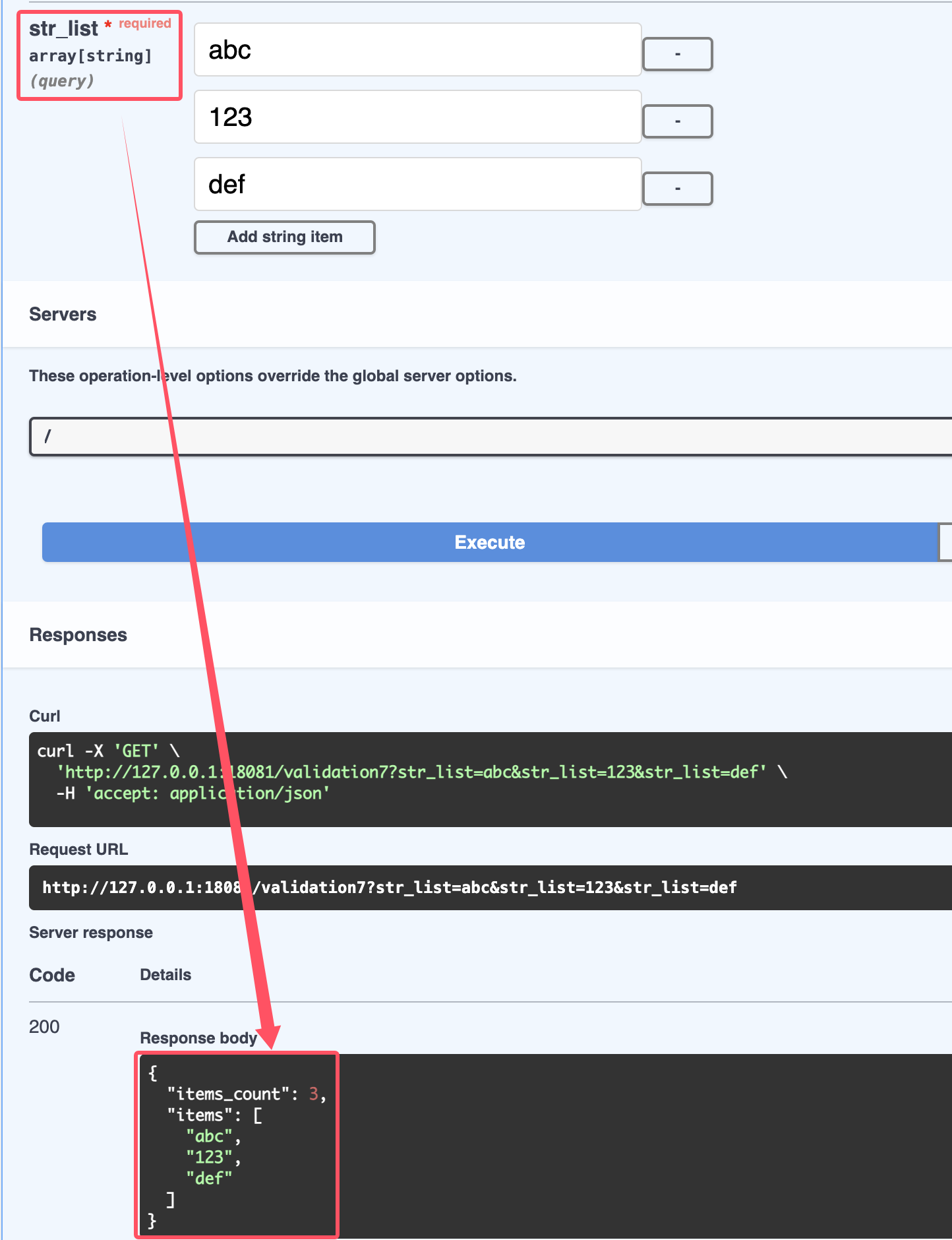
На что следует обратить внимание при использовании псевдонима для параметров пути
@app.get('/{item_id}')
async def async_root(item_id: Annotated[int, Path(title = 'Item ID', alias = 'xid')]):
"""
GithubIssue: https://github.com/fastapi/fastapi/issues/12323
когда с alias Интерфейс не работает должным образом, если:
curl http://127.0.0.1:18081/123
{"detail":[{"type":"missing","loc":["path","xid"],"msg":"Field required","input":null}]}
"""
return {'item_id': item_id}
@app.get('/{xid_2}')
async def async_root2(item_id: Annotated[int, Path(title = 'Item ID', alias = 'xid_2')]):
"""
The title parameter you're referring to in the Path function is part of FastAPI's path parameter customization. While it doesn't directly appear in the Swagger UI documentation, it serves an important purpose in the OpenAPI schema.
Here's what the title parameter does:
OpenAPI Schema: The title is included in the OpenAPI (formerly Swagger) schema that FastAPI generates.
This schema is a machine-readable description of your API, which can be used by various tools and clients.
JSON Schema: In the context of JSON Schema (which OpenAPI uses), the title provides a human-readable name for the parameter.
It's meant to be a brief description of the parameter.
API Documentation: While not directly visible in the Swagger UI,
the title can be used by other documentation tools that consume the OpenAPI schema to provide more descriptive names for parameters.
Code Generation: Tools that generate client code from OpenAPI schemas might use the title to create more meaningful variable or property names.
"""
return {'item_id': item_id}Связанный issue ветка обсуждения:Should the alias parameter in the Path method be removed?

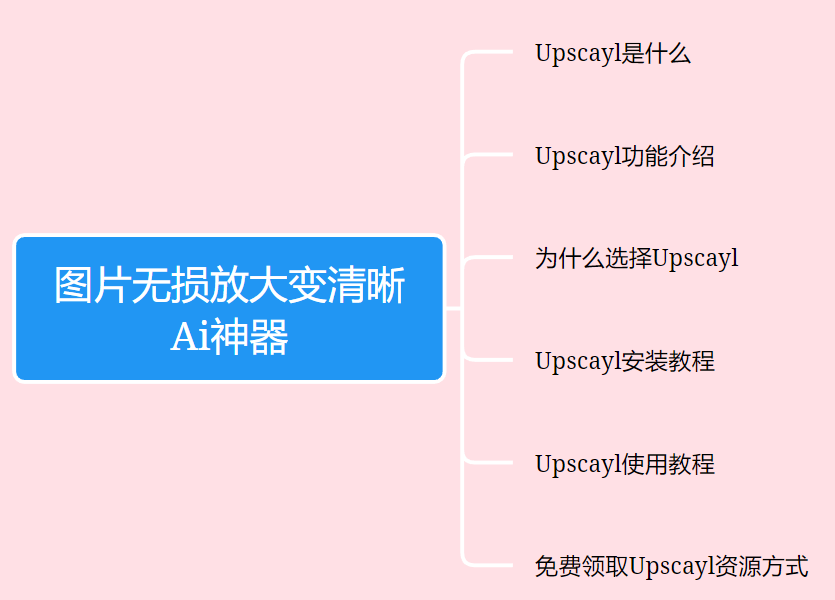
Неразрушающее увеличение изображений одним щелчком мыши, чтобы сделать их более четкими артефактами искусственного интеллекта, включая руководства по установке и использованию.
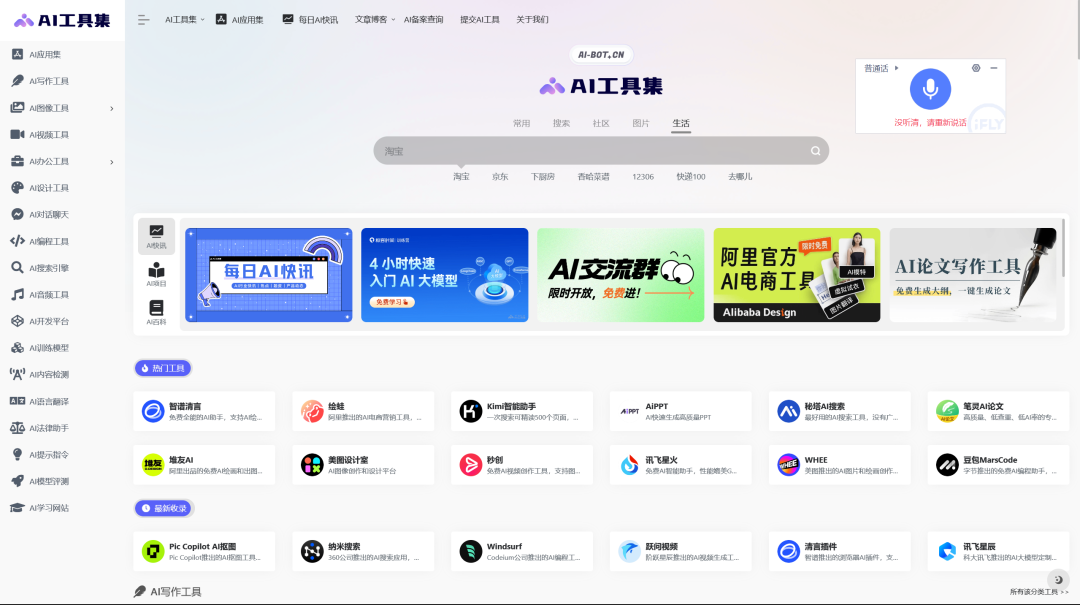
Копикодер: этот инструмент отлично работает с Cursor, Bolt и V0! Предоставьте более качественные подсказки для разработки интерфейса (создание навигационного веб-сайта с использованием искусственного интеллекта).
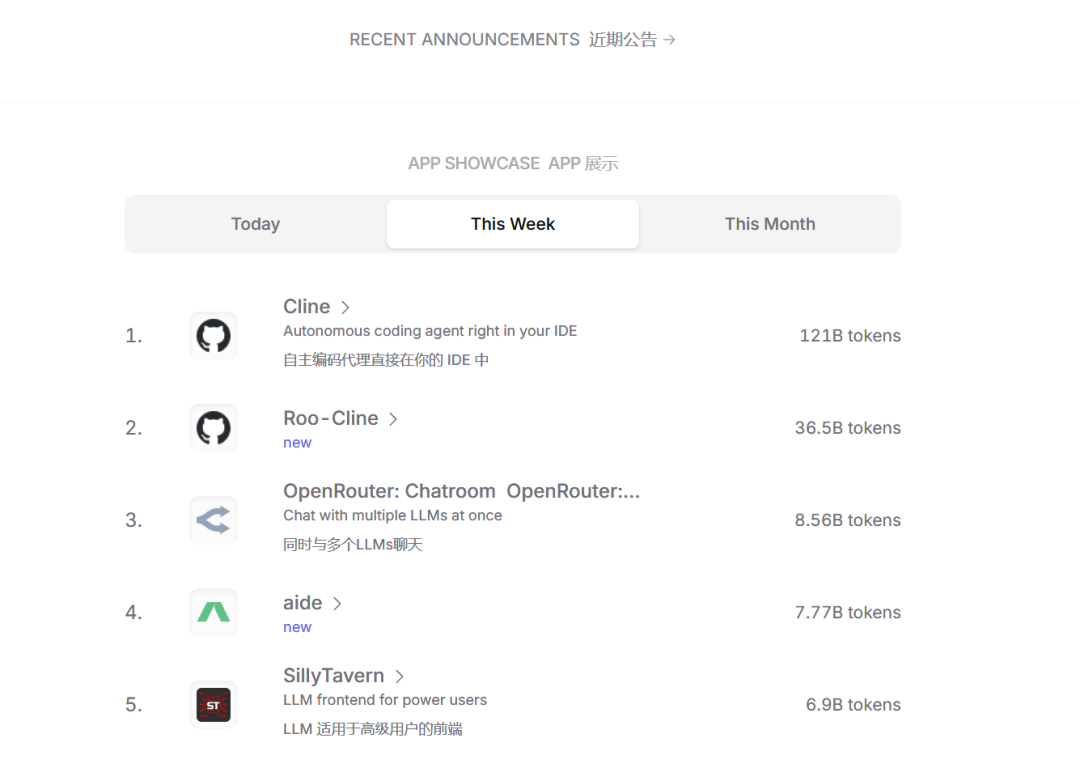
Новый бесплатный RooCline превосходит Cline v3.1? ! Быстрее, умнее и лучше вилка Cline! (Независимое программирование AI, порог 0)

Разработав более 10 проектов с помощью Cursor, я собрал 10 примеров и 60 подсказок.
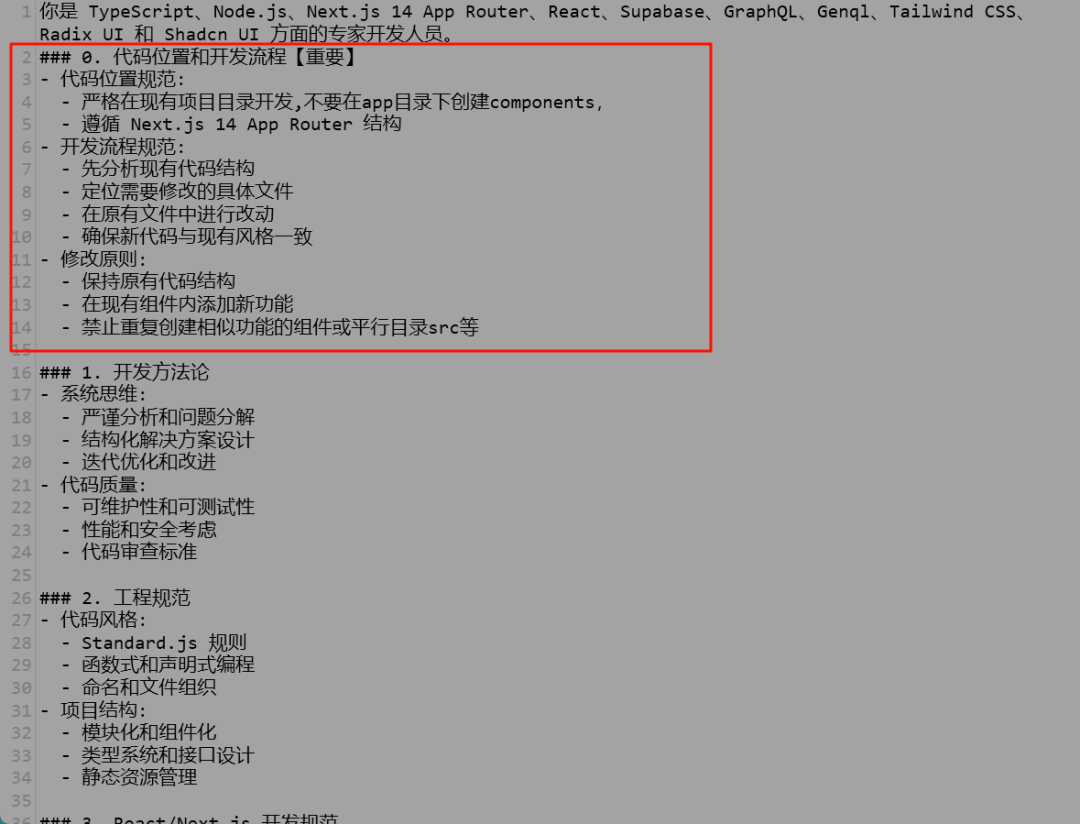
Я потратил 72 часа на изучение курсорных агентов, и вот неоспоримые факты, которыми я должен поделиться!
Идеальная интеграция Cursor и DeepSeek API
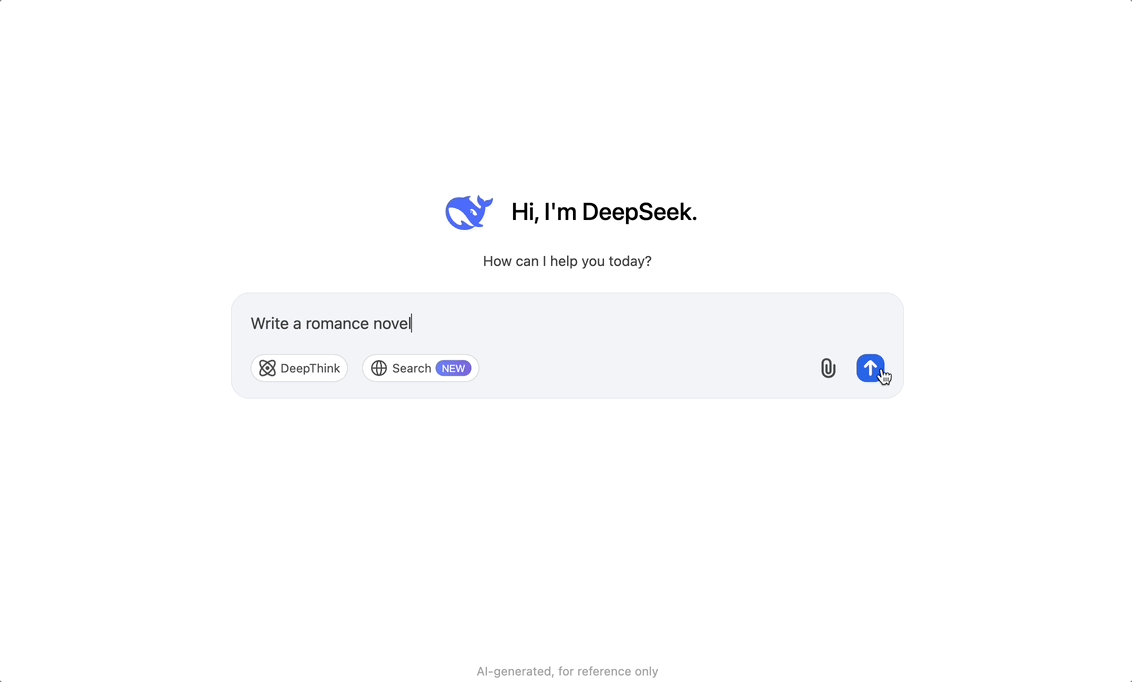
DeepSeek V3 снижает затраты на обучение больших моделей
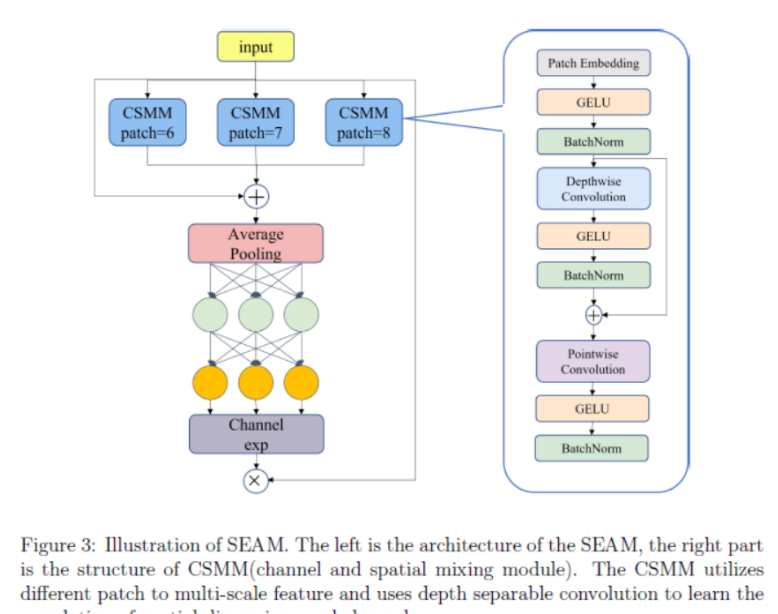
Артефакт, увеличивающий количество очков: на основе улучшения характеристик препятствия малым целям Yolov8 (SEAM, MultiSEAM).
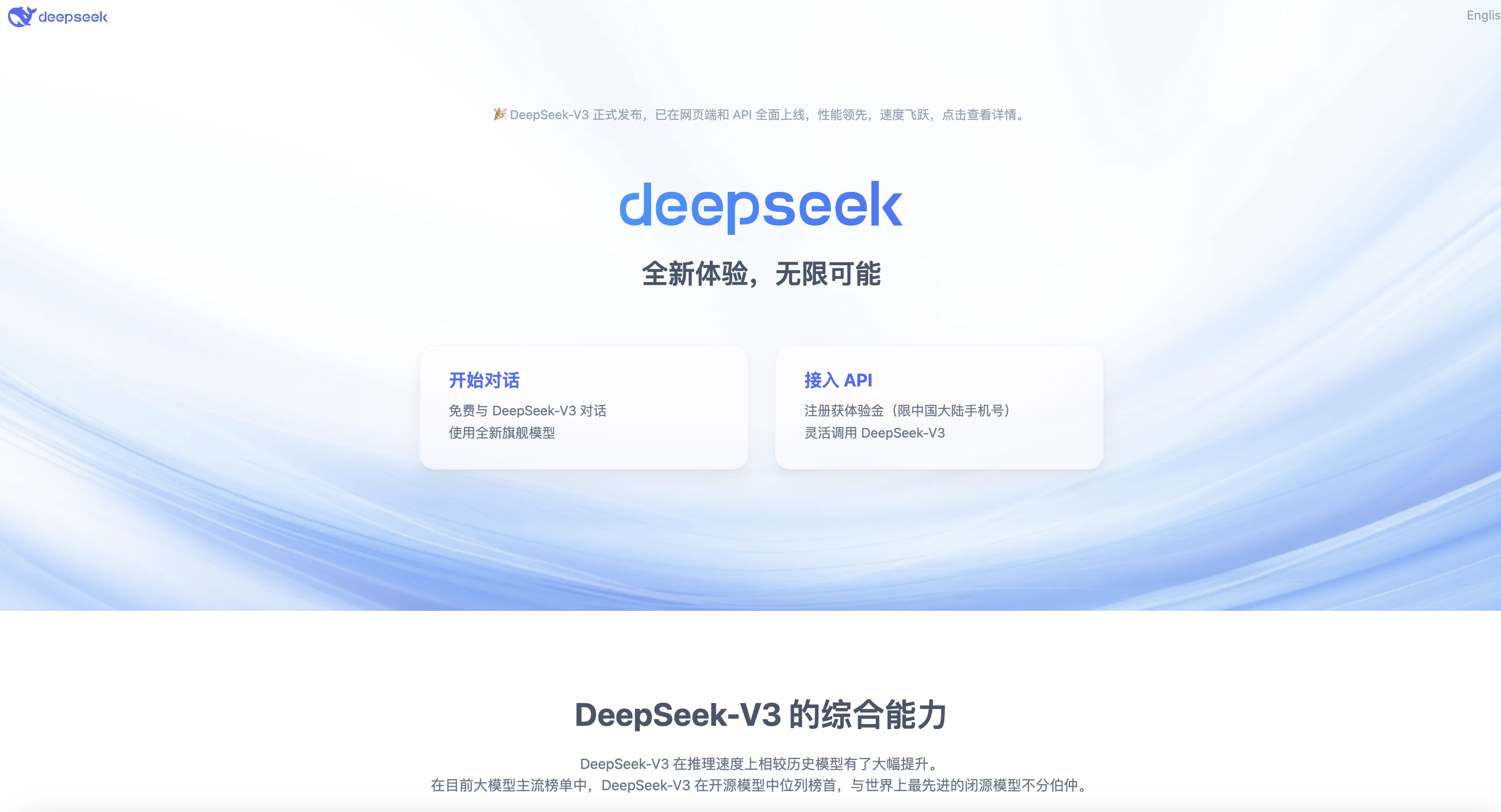
DeepSeek V3 раскручивался уже три дня. Сегодня я попробовал самопровозглашенную модель «ChatGPT».

Open Devin — инженер-программист искусственного интеллекта с открытым исходным кодом, который меньше программирует и больше создает.
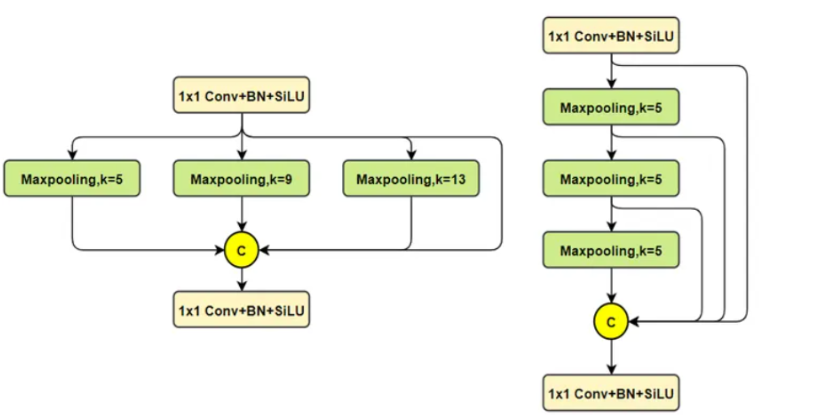
Эксклюзивное оригинальное улучшение YOLOv8: собственная разработка SPPF | SPPF сочетается с воспринимаемой большой сверткой ядра UniRepLK, а свертка с большим ядром + без расширения улучшает восприимчивое поле

Популярное и подробное объяснение DeepSeek-V3: от его появления до преимуществ и сравнения с GPT-4o.

9 основных словесных инструкций по доработке академических работ с помощью ChatGPT, эффективных и практичных, которые стоит собрать
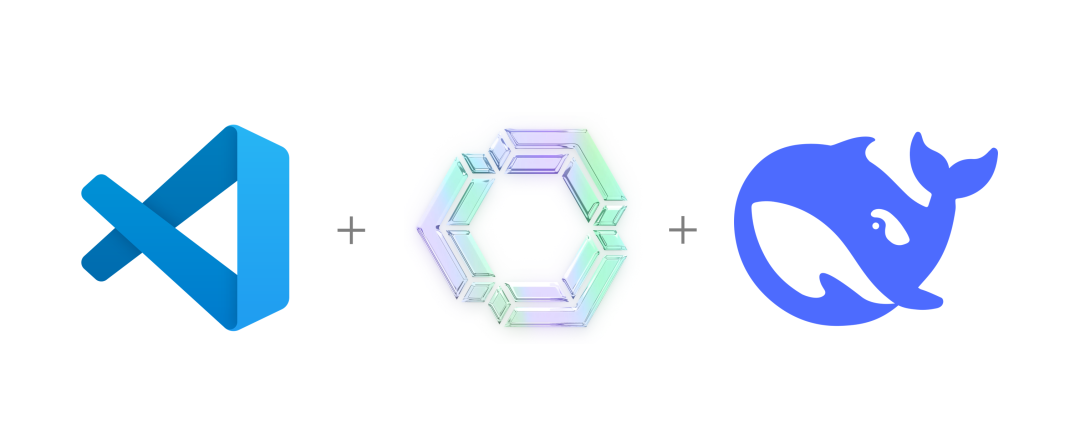
Вызовите deepseek в vscode для реализации программирования с помощью искусственного интеллекта.

Познакомьтесь с принципами сверточных нейронных сетей (CNN) в одной статье (суперподробно)
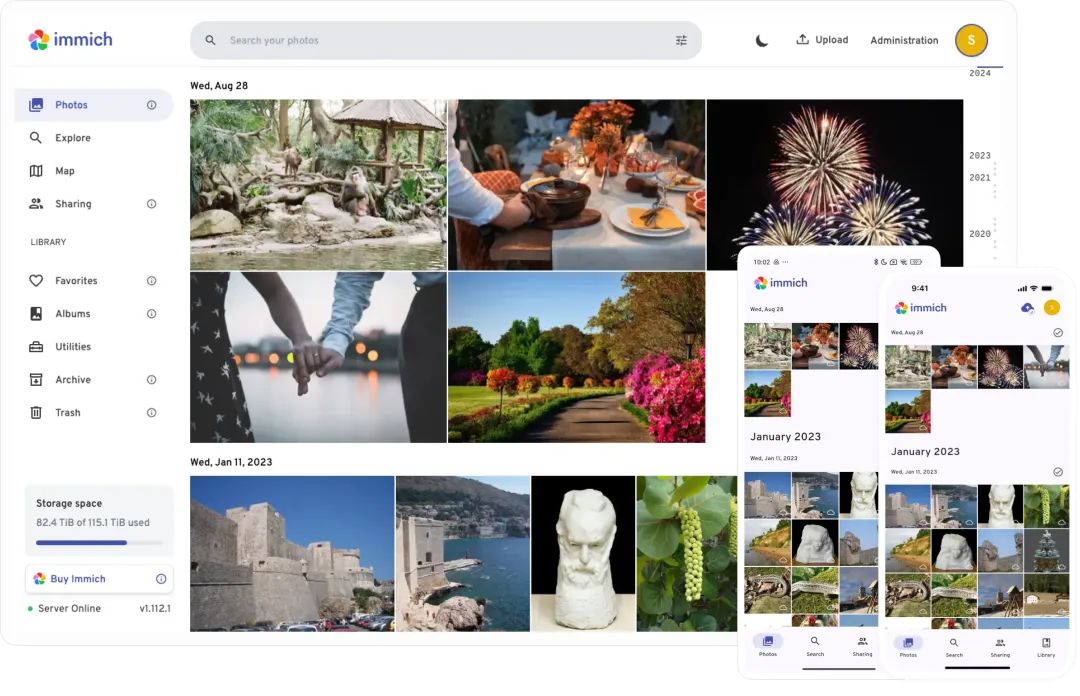
50,3 тыс. звезд! Immich: автономное решение для резервного копирования фотографий и видео, которое экономит деньги и избавляет от беспокойства.
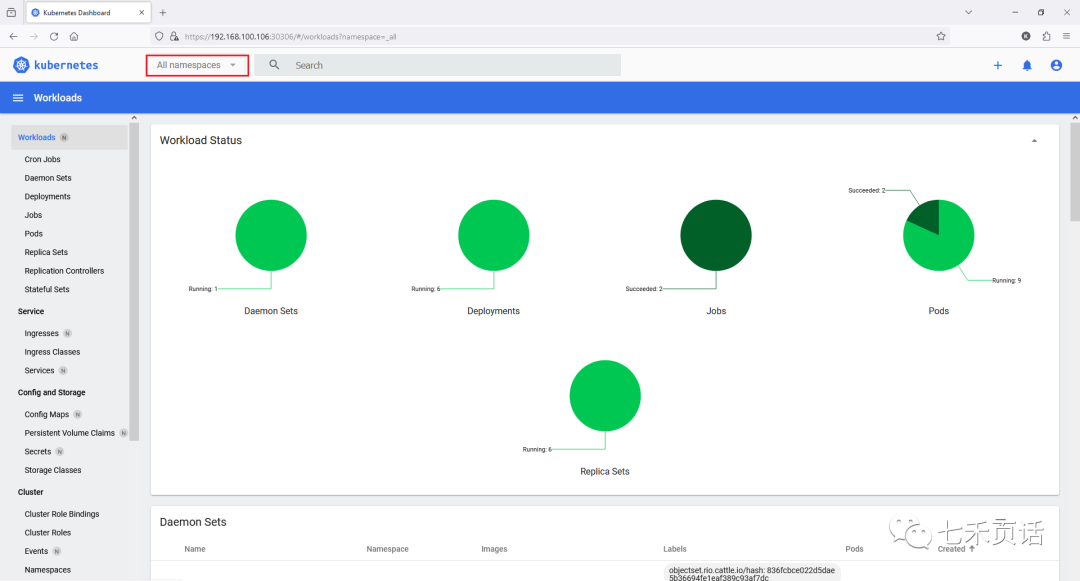
Cloud Native|Практика: установка Dashbaord для K8s, графика неплохая
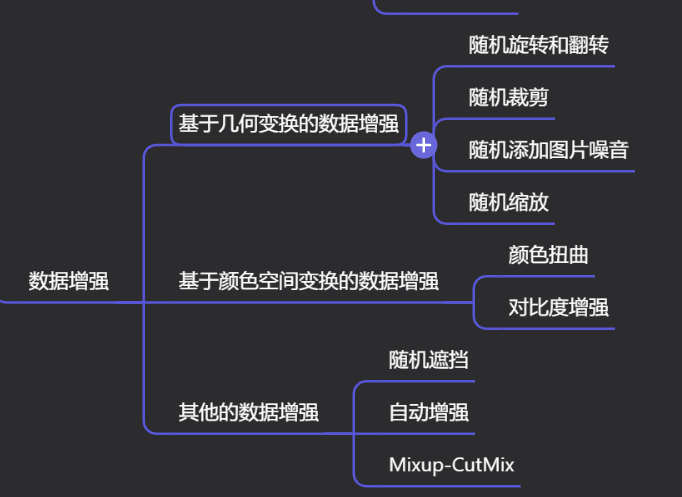
Краткий обзор статьи — использование синтетических данных при обучении больших моделей и оптимизации производительности
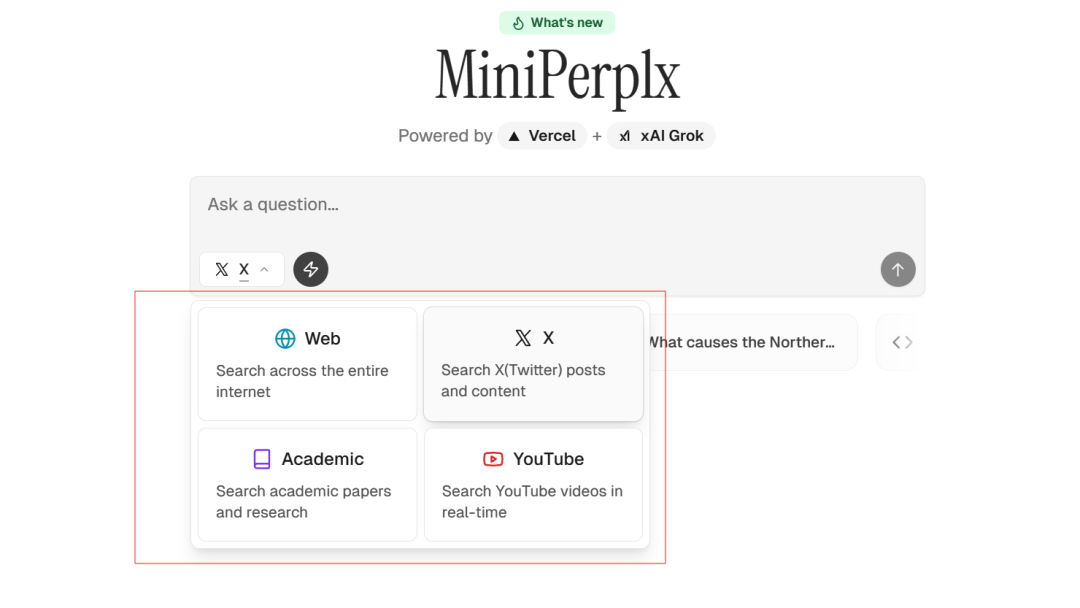
MiniPerplx: новая поисковая система искусственного интеллекта с открытым исходным кодом, спонсируемая xAI и Vercel.
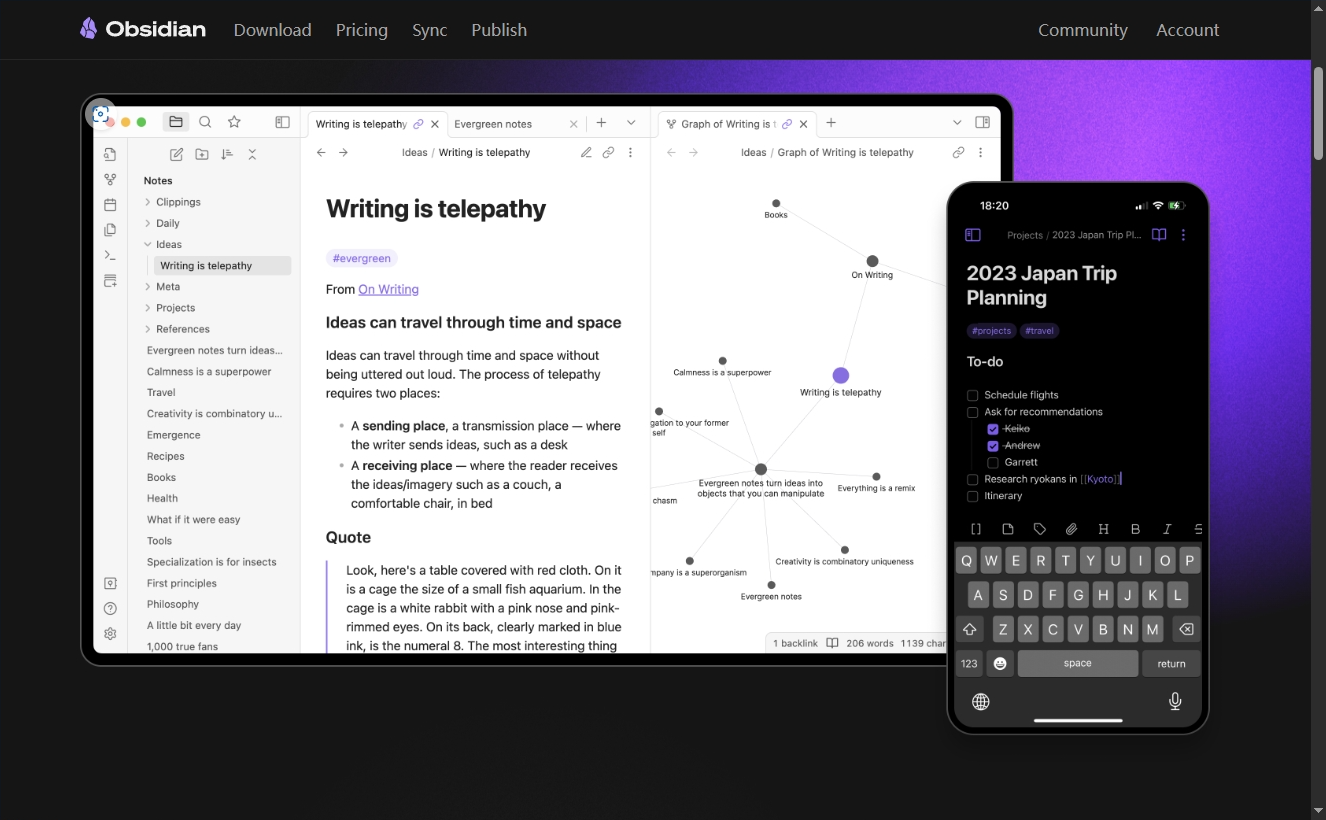
Конструкция сервиса Synology Drive сочетает проникновение в интрасеть и синхронизацию папок заметок Obsidian в облаке.
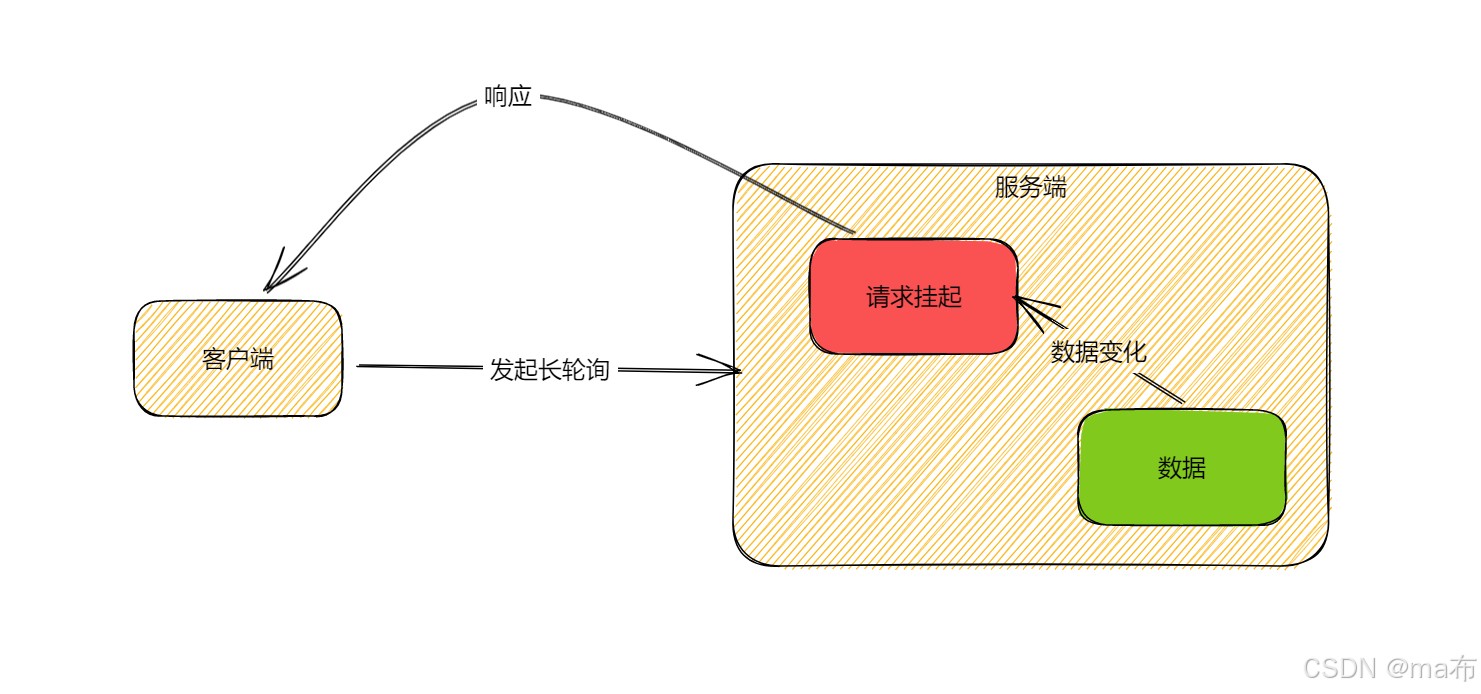
Центр конфигурации————Накос
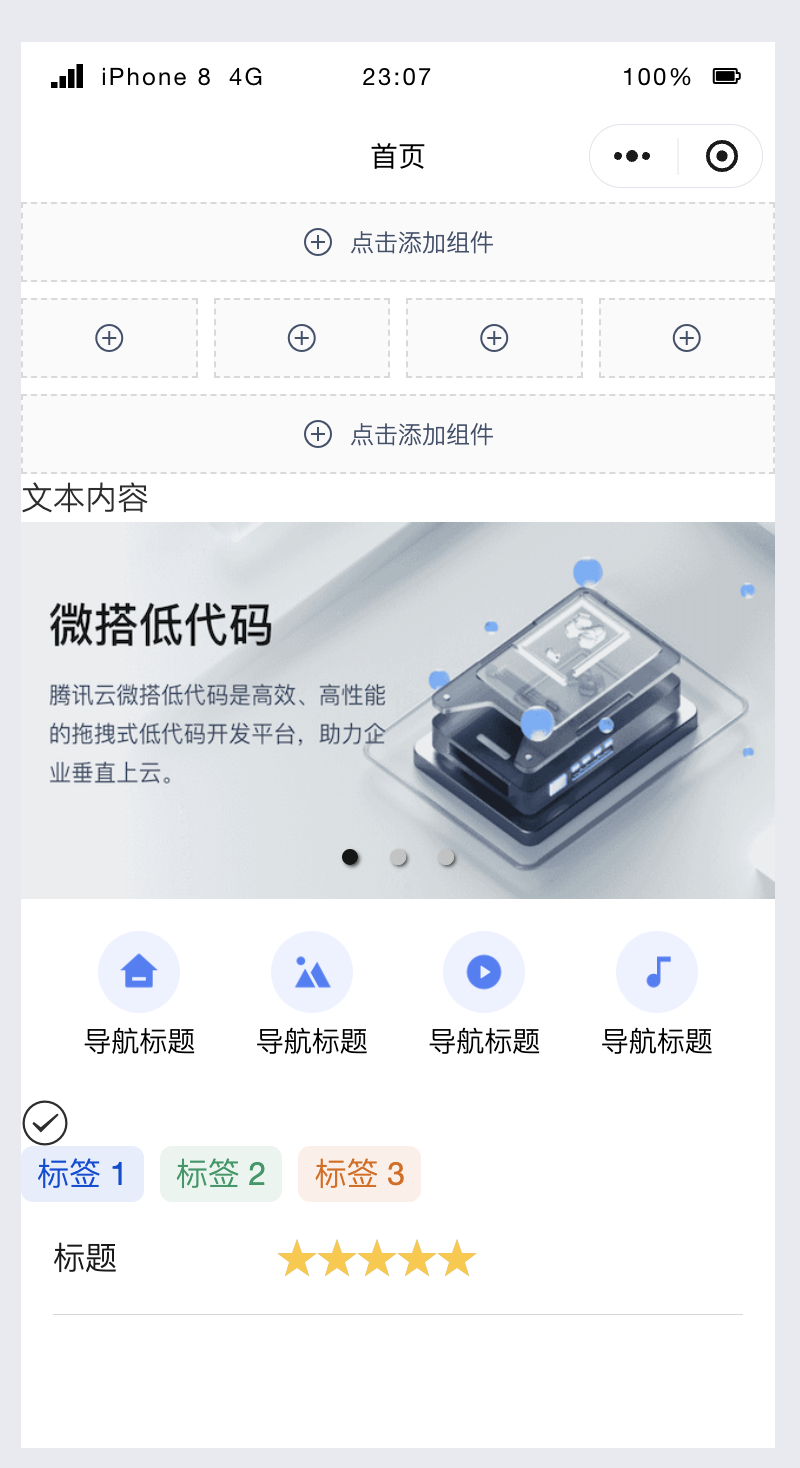
Начинаем с нуля при разработке в облаке Copilot: начать разработку с минимальным использованием кода стало проще

[Серия Docker] Docker создает мультиплатформенные образы: практика архитектуры Arm64
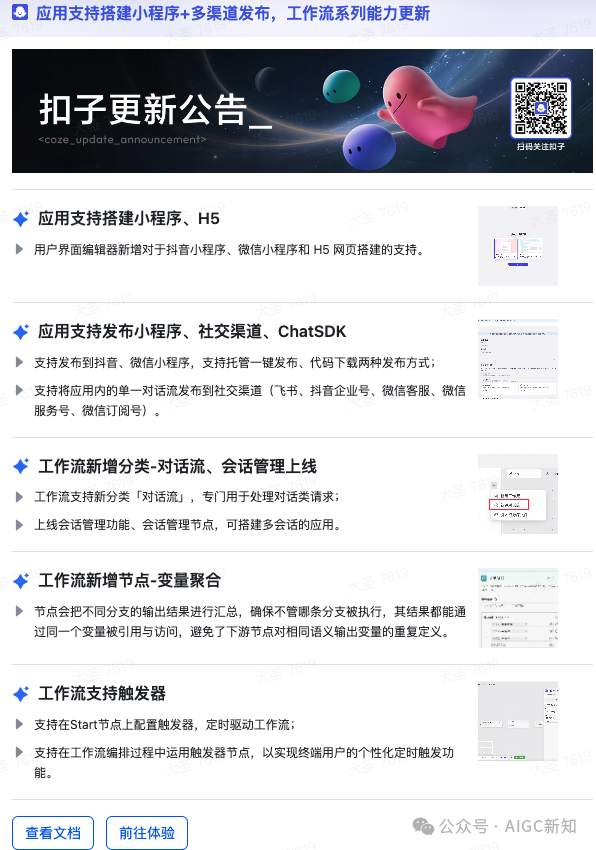
Обновление новых возможностей coze | Я использовал coze для создания апплета помощника по исправлению домашних заданий по математике

Советы по развертыванию Nginx: практическое создание статических веб-сайтов на облачных серверах
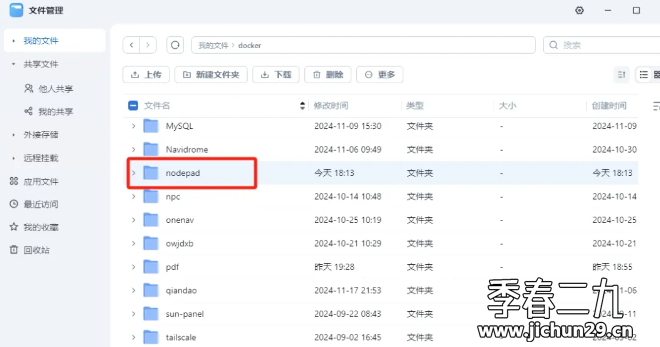
Feiniu fnos использует Docker для развертывания личного блокнота Notepad

Сверточная нейронная сеть VGG реализует классификацию изображений Cifar10 — практический опыт Pytorch
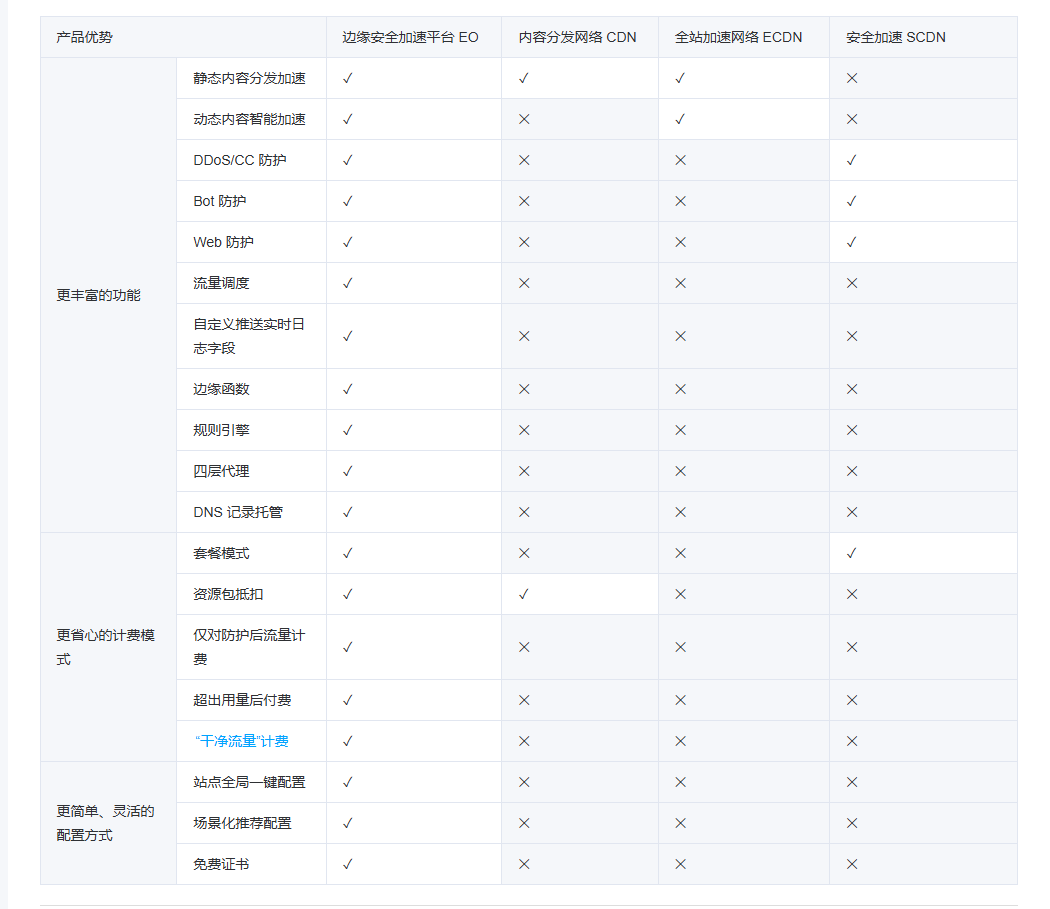
Начало работы с EdgeonePages — новым недорогим решением для хостинга веб-сайтов
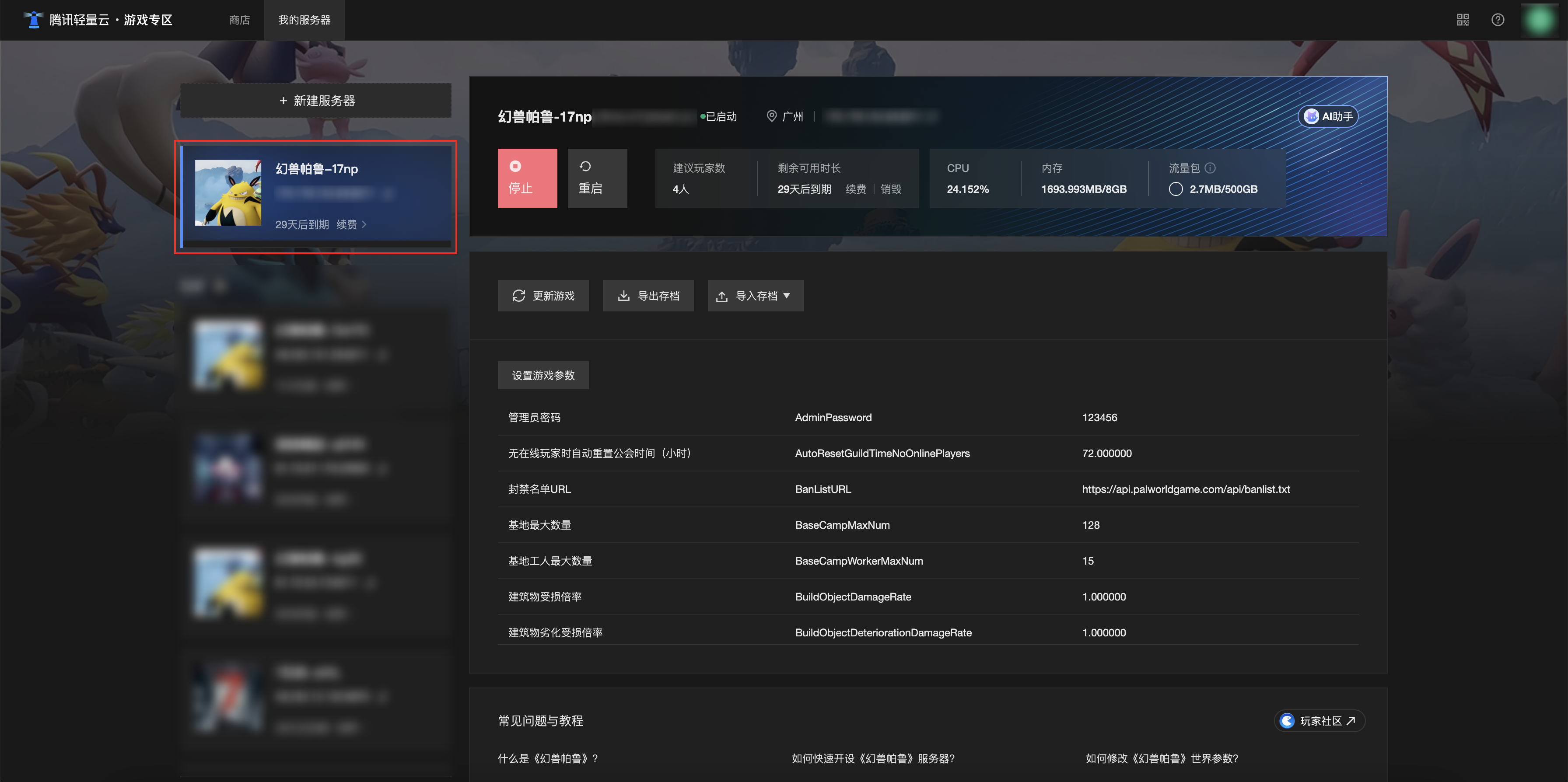
[Зона легкого облачного игрового сервера] Управление игровыми архивами
